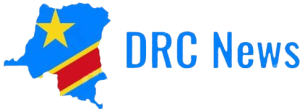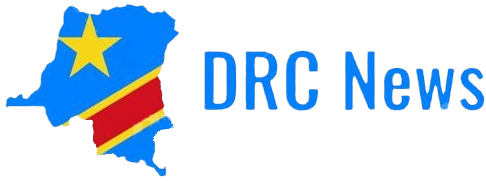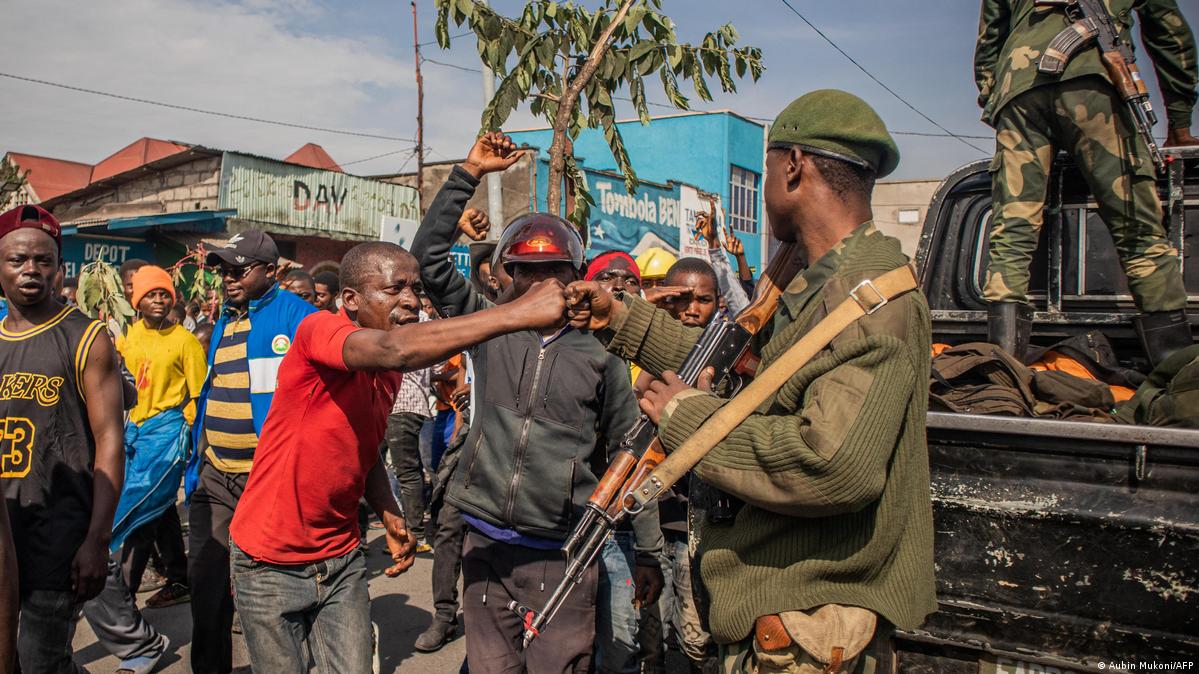By Duggan Flanakin, Senior policy analyst, CFACT
If the legislation barring anyone without two Congolese parents from seeking the presidency existed in Europe, it would make a number of the continent’s leaders unelectable, Duggan Flanakin writes.
After two major wars, three million dead, and 18 years of strongman rule by President Joseph Kabila (now a senator for life), the Democratic Republic of the Congo held its first presidential election in December 2018.
The inauguration of Felix Tshisekedi, son of 1980s dissident and three-time Prime Minister Etienne Tshisekedi, as president in January 2019 marked the young nation’s first peaceful transfer of power.
As Tshisekedi seeks reelection in December, the nation remains plagued by internal conflict.
The UN estimates there are 4.5 million internally displaced persons in the DRC and another 800,000-plus who have sought refuge outside the country.
Moreover, the DRC is under international scrutiny for allowing very young children to engage in life-threatening work at artisanal cobalt mines.
Meanwhile, Tshisekedi has resurrected the careers of convicted war criminal Jean-Pierre Bemba and convicted embezzler Vital Kamerhe and sought to bar, through spurious legislation, likely main rival Moise Katumbi from running for the presidency.
To run in the DRC election, both of your parents have to be Congolese?
This latter move, which has been in the works since 2021, was recently again condemned by the Congolese Association for Access to Justice (ACAJ).
Meanwhile, Tshisekedi has resurrected the careers of convicted war criminal Jean-Pierre Bemba and convicted embezzler Vital Kamerhe and sought to bar, through spurious legislation, likely main rival Moise Katumbi from running for the presidency.
To run in the DRC election, both of your parents have to be Congolese?
This latter move, which has been in the works since 2021, was recently again condemned by the Congolese Association for Access to Justice (ACAJ).
This sinister campaign, which still awaits a final vote, specifically targets Katumbi, the popular former Governor of Katanga Province, who did not announce his candidacy for president until December 2022.
The legislation would bar anyone without two Congolese parents from seeking the presidency, thereby excluding Katumbi, whose father was a Greek-born Jew of Sephardic descent.
The ACAJ claims that the so-called “election reform” violates the spirit of the DRC’s Fundamental Charter, which states that “We, the Congolese People … affirm our determination to safeguard and consolidate national independence and unity while respecting our diversities and positive particularities.”
Moreover, notes ACAJ president Georges Kapiamba, this ill-advised move would undermine the nation’s democratic gains and risk generating frustration and possible violence that the DRC does not need.
In many nations, he added, leaders from immigrant backgrounds who acquired nationality have served their adopted states with dedication and patriotism.
Also worth noting is that Katumbi’s mother was a member of the royal family of the Native Lunda people.
Kabila’s influence on politics is still significant
The hidden hand of Joseph Kabila cannot be ignored here.
Kabila had barred Katumbi from even entering the country prior to the 2018 election, and many claim that Kabila’s interference with the voting that year kept “rightful” winner Martin Fayulu from victory.
Afterwards, Fayulu called the decision to award his opponent victory an “electoral coup.”
Together with the move to bar Katumbi, one begins to wonder if Tshisekedi envisions holding the kind of power long wielded by his father’s rival, Mobutu Sese Seko, half a century ago.
Fayulu and former DRC Prime Minister Augustin Matatma are also expected to join the 2023 race.
Since then, though, Tshisekedi distanced himself from Kabila. Last spring, after 14 of the nation’s 24 provincial governors were dismissed, candidates from Tshisekedi’s Sacred Union of the Nation (SUN) coalition won nearly all of those seats.
Together with the move to bar Katumbi, one begins to wonder if Tshisekedi envisions holding the kind of power long wielded by his father’s rival, Mobutu Sese Seko, half a century ago.
Tainted elections and billions of euros in untapped resources
The 2022 elections, many observers claim, were tainted by irregularities that they predict could reoccur on a grander scale this December.
Goma-based researcher and activist Stewart Muhindo made the accusation that “the gubernatorial elections have been characterised by votes motivated by corruption or political injunctions.”
Losing candidate Diomi Ndongala from Kongo-Centrale province claimed that several local members of parliament received hundreds of thousands of dollars as a condition to participating in the governor’s vote.
The DRC is estimated to hold €22.5 trillion of untapped mineral resource wealth — including the child-killing cobalt fields.
“Where is the future of these people when elections are tainted with such ignominy? They [politicians] have bought the conscience … to colonise this province and bring it under the control of dark forces.”
Yet dark forces have long been operating in the former Belgian Congo. Also formerly known as Zaire, the DRC is estimated to hold €22.5 trillion of untapped mineral resource wealth — including the child-killing cobalt fields.
And as with Rwanda, the DRC has both Hutu and Tutsi tribespeople whom politicians have played against each other for political and economic gain.
Violence, massive human rights violations, and extreme poverty
Things were so bad that in 2010 the US passed legislation to reduce its purchase of “conflict minerals” and prevent the funding of armed militias.
This, however, opened the door for China to enter the Congolese minerals market, and that has resulted in supply chain confusion that have led many multinational companies to stop buying from the DRC altogether.
There are ongoing concerns that this violence might spread to neighbouring countries unless the nation can be brought under the rule of law.
This only complicates the problems in a nation with perhaps the world’s poorest people.
The Center for Preventive Action also said that the nation’s weak governance and prevalence of many armed groups have subjected Congolese civilians to widespread rape and sexual violence, massive human rights violations (including the exploitation of child labour), and extreme poverty.
There are ongoing concerns that this violence might spread to neighbouring countries unless the nation can be brought under the rule of law.
If it existed in Europe, this law would make many leaders unelectable
The effort to bar Katumbi from candidacy is especially egregious in light of his Jewish heritage.
Rabbi Menachem Margolin, chairman of the European Jewish Association, called it “an outrage that … a person can be disqualified for having a Jewish parent.”
“This is a cynical political move aimed at manipulating the will of the people and imposing on them candidates they don’t want,” he added.
If such a law existed anywhere in Europe, several other key leaders could not have run for office.
The Katumbi campaign, which early on picked up speed with the decisions by Christian Mwando, Chérubin Okende, and Véronique Kilumba to leave the Tshisekedi government to support Katumbi, is equally outraged.
“This law is going to bring about discrimination. Let the people vote. They should be allowed to choose their leaders – that’s democracy and not changing the law,” said a campaign spokesperson.
If such a law existed anywhere in Europe, several other key leaders could not have run for office.
Duggan Flanakin is a senior policy analyst for the Committee for a Constructive Tomorrow.
CREDIT Euronews


